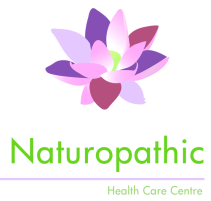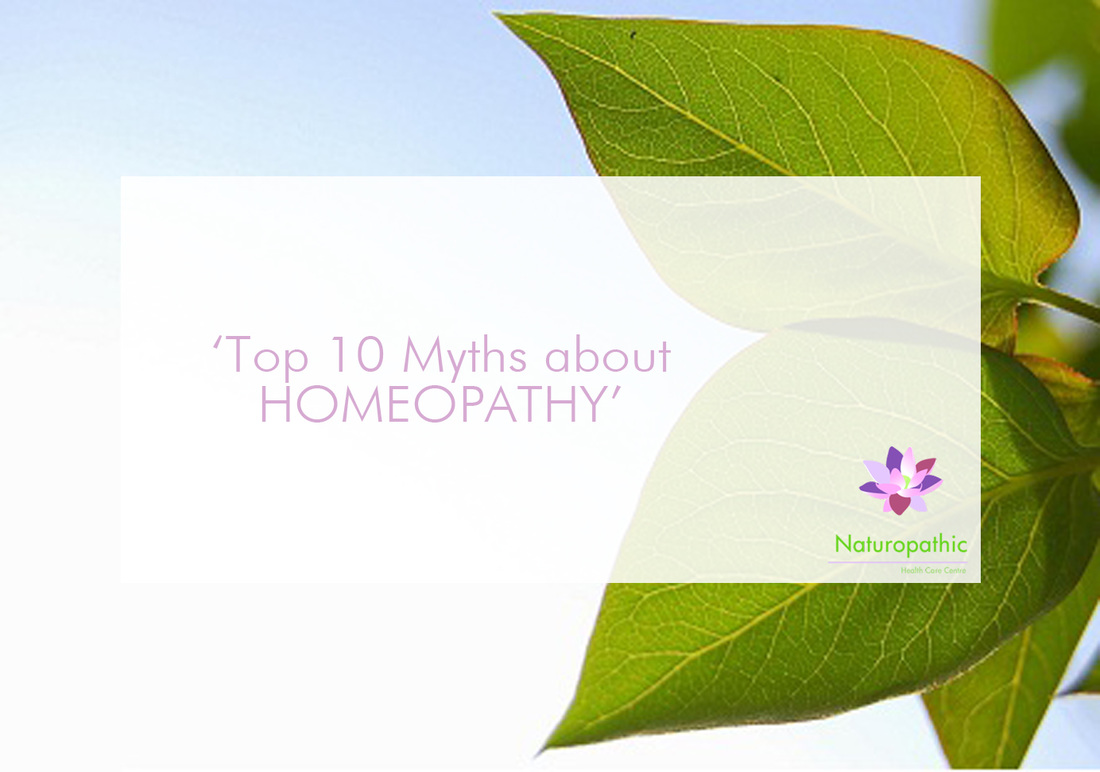By sister alida idemaMYTH 1:
Some homoeopathic remedies are made from plant material, but also from other sources like minerals, chemicals, insects, and organ tissue. The difference is in the method of preparing these remedies. It is diluted and potentised and it is never administered to a patient in its original form.
MYTH 2:
Homoeopathic training in South Africa involves a five-year full time course at one of two universities, namely University of Johannesburg and Durban University of Technology. The training aims to prepare the student to become a primary health care professional in a clinical setting. Dr Samuel Hahnemann, the Founder was a German scientist.
MYTH 3:
Homoeopathic products are prepared in a laboratory, according to Good Manufacturing Principles (GMP) and is regulated by the Medicines Control Council.
MYTH 4:
Over the years numerous clinical studies were done on humans and animals in order to improve the efficacy and the safety of the products.
MYTH 5:
Some religions hijacked homoeopathy and propagate it as part of their healing meganism. The truth is that homoeopathy was founded in in 1791 in Meissen, Sakse and only in 1820 when it spread over the continents, some religions began to find it very attractive.
MYTH 6:
Homoeopathy is best for chronic conditions because the heeling is long term, but if prescribed accurately in acute situations, you will experience rapid results.
MYTH 7:
Homoeopathic treatment is used with great success in babies, infants, dogs, horses and even lions. Decide for yourself.
MYTH 8:
Homoeopathy has its limitations. No system of medicines can cure all diseases because there are so many unknown factors involved.
MYTH 9:
It sometimes happens with skin disorders, but in less than 5% of cases will there be an aggravation.
MYTH 10:
Not true. Your health care practitioner will not take you off your conventional medicine, but will advise you to leave a gap of about 20 – 30 minutes between administering the different remedies.
Sources:
1. www.askdrshaw.com 2. www.hsa.co.za 3. www.hpathy.com
0 Comments
Leave a Reply. |
AuthorsDr. Marike de Klerk Categories
All
|
All rights reserved Naturopathic Health Care Centre
ADDRESS: No 13 Hazelwood Road, Hazelwood, Pretoria
TELEPHONE: 012 460 9216
PAIA Manua
Website design and digital marketing by Plan Me Pretty (PTY) Ltd
TELEPHONE: 012 460 9216
PAIA Manua
Website design and digital marketing by Plan Me Pretty (PTY) Ltd


 RSS Feed
RSS Feed